UBERMORGEN.COM 2005/06

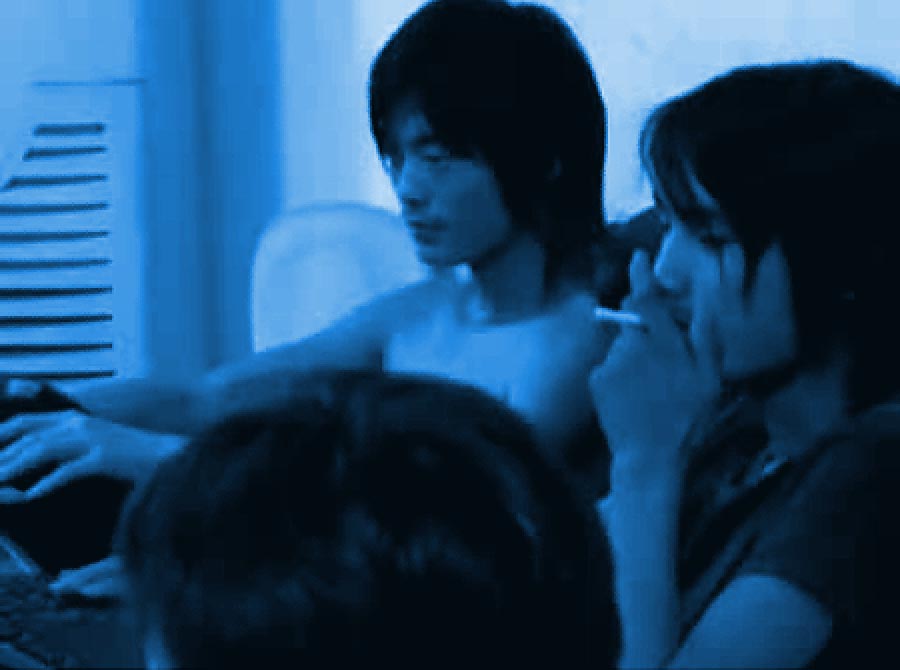
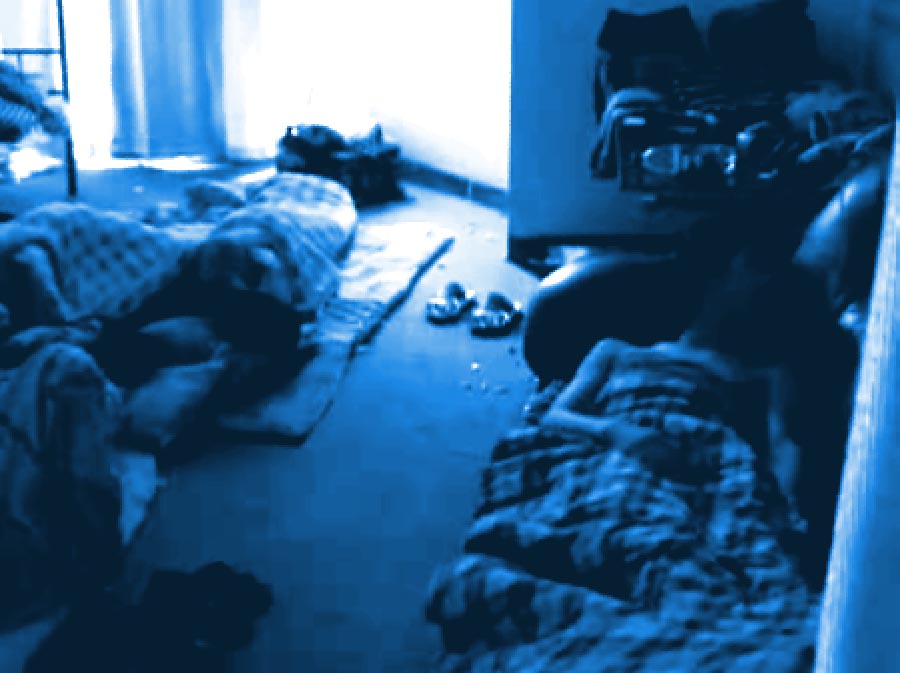
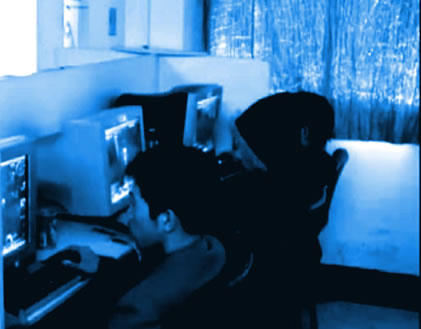
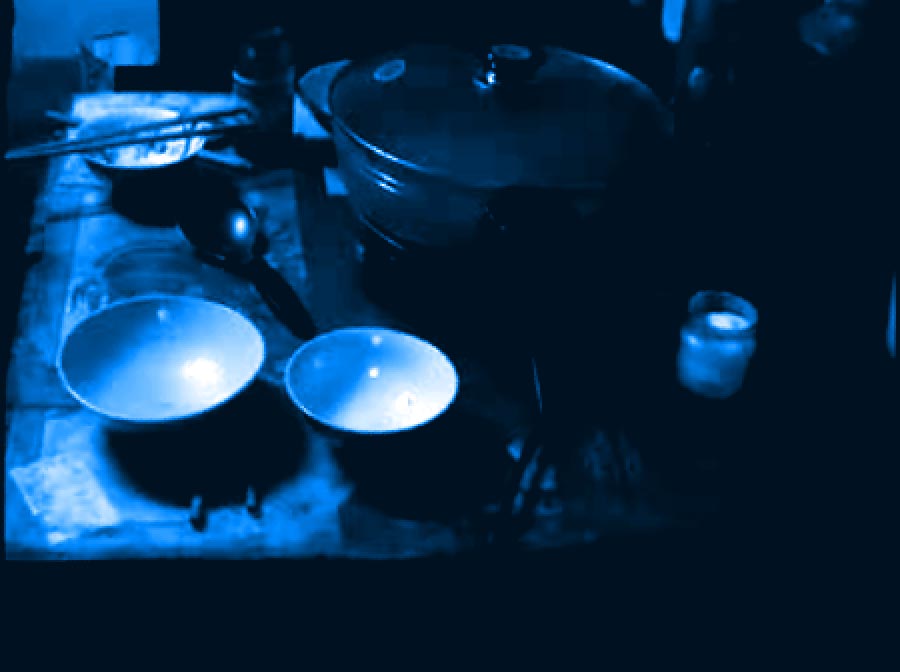
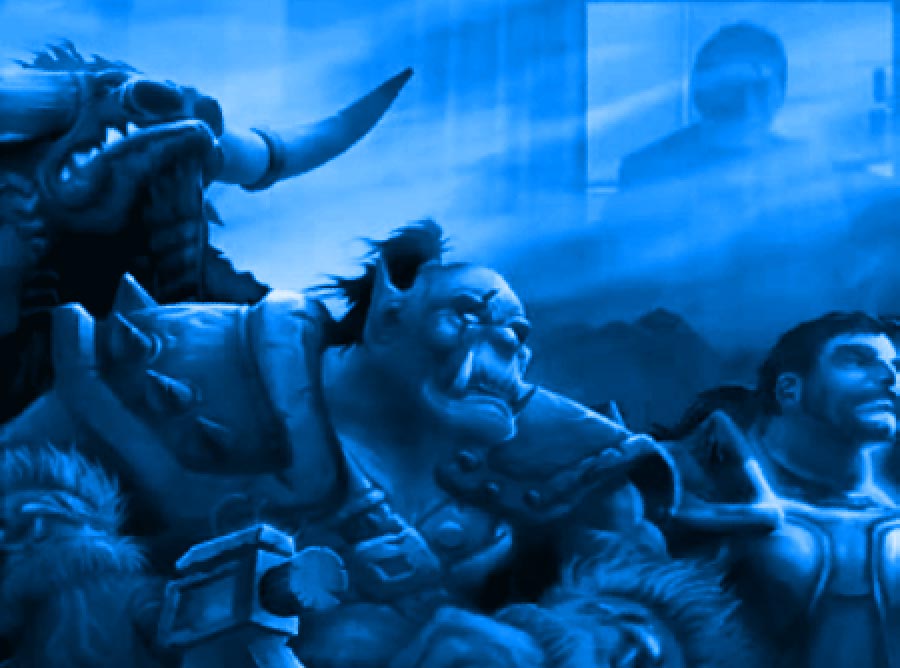












MTV Session 4, No. 33, 34, 41, 47, 48, 54, 60x45cm, Lambda Print on Dibon in Shadowbox, Edition of 5 + 1 a.p., Courtesy Fabio Paris Art Gallery Brescia






MTV Session 3, No. 35, 45, 51, 52, 53, 55, 60x45cm, Lambda Print on Dibon in Shadowbox, Edition of 5 + 1 a.p., Courtesy Fabio Paris Art Gallery Brescia
CHINESE GOLD
It mixes up the real "virtual" (the game) with the virtually "real" (money)
In China there are over 2000 Online-Gaming Workshops that hire people (over 500.000) to play online games such as World of Warcraft (WoW) day and night. The gaming workers produce in-game currency, equipments, and whole characters that are sold to American and European Gamers via Ebay. These people are called „Chinese Gold Farmers". The future is now!
Economy / Inflation
In Warcraft, it’s the currency itself that’s being overproduced, not just any product. That means it'll take more units of that currency to exchange for any product. Inflation. The price of everything goes up. Everything you worked so hard to save up suddenly becomes worth so much less. The Warcraft economy appears to be on the lip of this plunge and administrators are taking steps to curb inflation. When they find a career farmer, they ban the character. Now the farming company has to re-buy the game and set up a new account. This makes the process of creating these goods overseas more expensive, and functions similar to a tariff (which is a protective tax). There is a balance, which in the real world, the Treasury, and the Federal Reserve, and International Organizations try to maintain. And by maintain, I mean getting as much cheap shit for themselves as possible without throwing the system completely out of whack. (In the finance industry, human rights is a footnote, if anything.) What lies ahead for the Warcraft economy? Let’s keep watching it in the future.
Keywords
Metallic - Alternative Energy Sources - Trade Agreements - Ghostbuster, Roaming - Steel, sugar and services - Consumer-made content and value - 1500 Gold $ 131.99 - close Internet cafés in Beijing to prevent the spread of SARS - Modified sees/crop, hydrogen – The Myspace angle – Media Hacking – prepaid Pass9 - a group of WOW players in China committed mass suicide, virtual die-ins – Taxes, copyright and Freedom of Speach, in game civil rights - Unions fighting Louis Vuitton living oceanfront - Boomtimes in Kuala Lumpur – Kaogma Festival - Megaphone diplomacy - New cartoon uproar.
The second series (Chinese Gold – World of Warcraft, Belgrade Session N°1 – N°8) comprises several screenshots produced during a game session in Belgrade, at a large arcade where Serb videogamers spend a large part of their day. Here is the other side of the above-described economy: consumers who “waste” their day in exhausting game session. In fact, there are already communities for videogame addicts who have lost the ability to distinguish between the real and the virtual. This confusion here finds aesthetic expression in the blue monochrome of the first series (which brings together reality and the imaginary world of the videogame) and in the confused visual resolution of the second series (in which it is difficult to tell whether one is seeing an image of the real or the virtual). UBERMORGEN.COM does not hand down judgements; it limits itself to photographing phenomena that foreshadow the economy of the twenty-first century. “The future is now!”
Featured in M. Bittanti, D. Quaranta (eds), GameScenes. Art in the Age of Videogames, Milan, Johan & Levi 2006. Hardcover, 454 pages, 25 x 25 cm, 200+ hi-res illustrations, full text